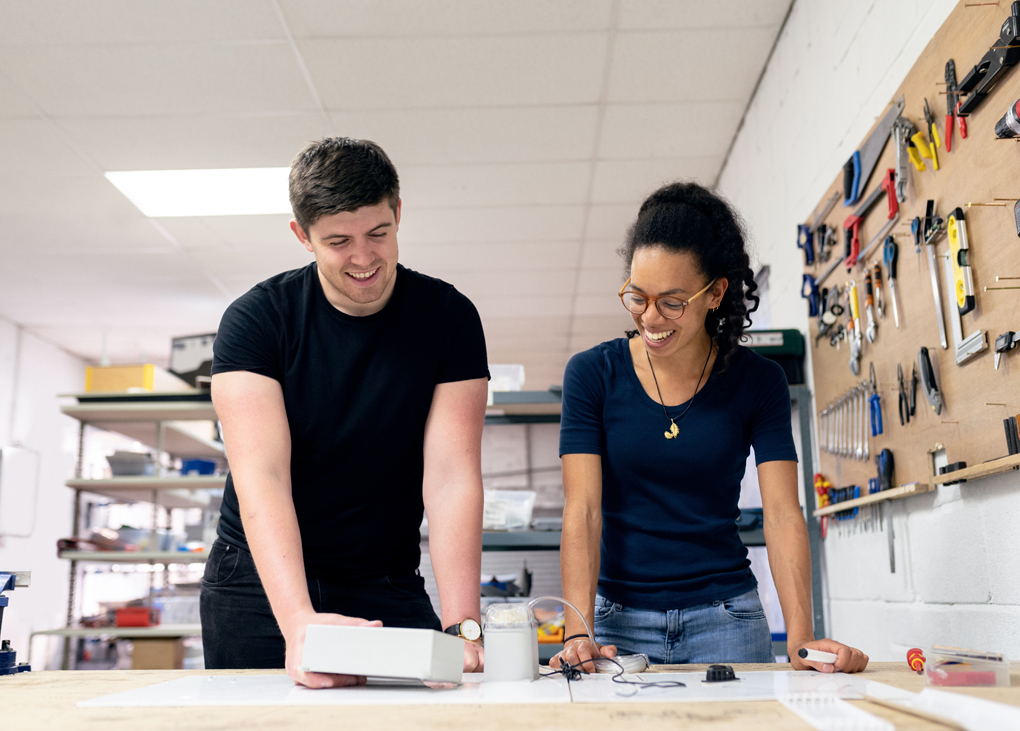As Australia’s engineering skills shortage intensifies, Engineers Australia has released a new study revealing the reasons women aren’t entering the profession – and what can be done to change that.
Findings from the Women in Engineering Report indicate the biggest reason girls don’t choose to study engineering is a lack of awareness of what engineering is, and what engineers do.
With the new Labor government committing to both a strong women’s agenda and addressing the skills crisis, Engineers Australia Chief Engineer Jane MacMaster says these findings are a call for political action to address the gender imbalance and, drive a new generation of women engineers.
“Women make up 48 per cent of Australia’s workforce, yet account for just 13 per cent of the nation’s working engineers,” says MacMaster. “Women are missing in action from the profession and this research tells us what we can do to change that.”
Of the 1,400 respondents, 90 per cent of women in non-engineering fields did not consider it as a valid career option. Other barriers include the perception of engineering as too “male-dominated”, challenging or boring; and girls not feeling supported to do well in STEM subjects from as early as primary school.
The research also revealed more than 90 per cent of girls are at least partially committed to a field of study before Year 11. MacMaster says this proves early intervention and education are the key.
“We need to target four main groups: schoolchildren, their parents, their teachers and careers advisers,” she says. “If parents aren’t aware of the breadth of opportunities in engineering, they’re less likely to make their kids aware of it.”
Australian Government Women in STEM Ambassador Lisa Harvey-Smith says attracting women to engineering is critical to meeting the engineering needs of our economy.
“It makes no sense to ignore 51 per cent of our population in the design and construction of our infrastructure and technologies,” she says. “Australia needs to seize this opportunity, with efforts needed in explaining the positive outcomes of engineering better so that more women want to train as engineers, but most crucially in improving the culture and work practices of the industry so that they want to stay.”
Key findings from the research include:
- Lack of familiarity is the single top-stated reason for never considering engineering
- 90 per cent of women in non-engineering fields either briefly or never considered engineering
- Concerns around not enjoying or being good enough at maths and physics are also prominent
- Most common female perceptions of engineering are “male dominated” and “challenging”
- Women are less likely to associate engineering with positive attributes such as “respected”, “impactful”, “creative”, “fulfilling” and “exciting”
- There is a strong correlation between familiarity with engineering and consideration of study – 65 per cent who were familiar considered studying it, compared to only 11 per cent who were not at all familiar.
The report also highlights ways to tackle these issues:
- Address key drivers around fulfilling work that match women’s personality and interests
- Challenge the current perception that girls must excel in STEM subjects, not merely do well in them, to get into engineering
- Focus on early intervention and education, starting with primary school and into the early years of high school
- Engineers (women and men) see value in more exposure and promotion of the profession early.
To read the report, click here.
 Mark Vender
Mark Vender


Leave a Reply to John Cancel reply